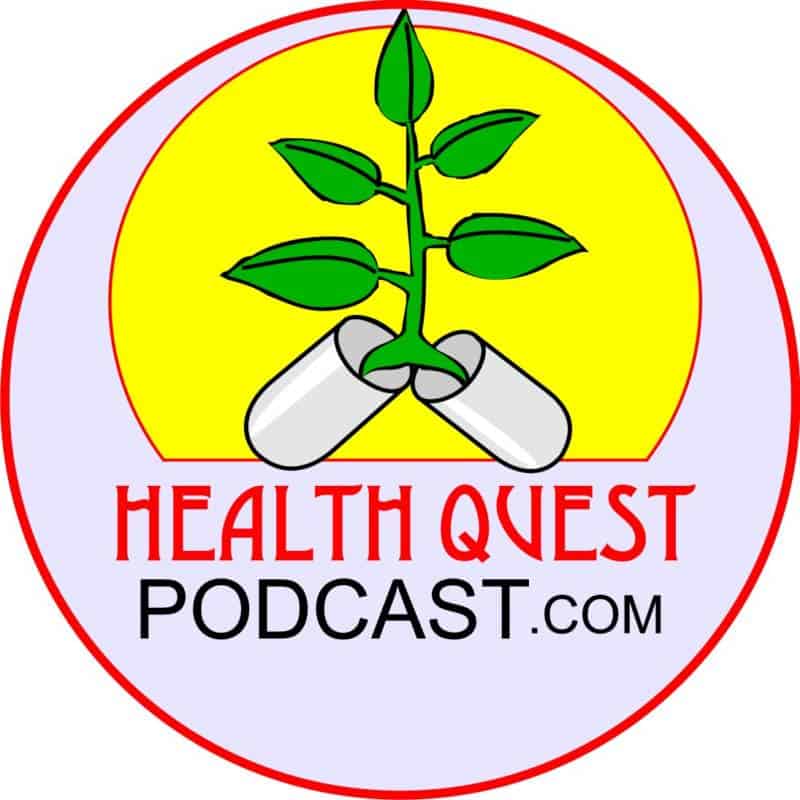 DSHEA protects our rights to access safe, effective nutritional supplements.
DSHEA protects our rights to access safe, effective nutritional supplements.Most people who take supplements do not know about DSHEA. Even within the supplement industry many people were not around in the early 1990s or don’t remember. In this interview with Asa Waldstein, we will discuss the whys and hows of DSHEA and how dietary supplements are regulated.
In 1991 David Kessler, head of the FDA, said all dietary supplements should be taken off the market pending clinical drug-like trials. Yikes!!! This would make virtually all supplements illegal. This was life or death for the supplement industry. FDA raided, with guns drawn, the office of Dr. Jonathan Wright. This became not only an assault on dietary supplements but on alternative health care providers as well. Supplement use was being criminalized.Interview with Dr. Wright.
The shockwave was enormous and galvanized a grassroots movement that led to the law that gave respect and legitimacy to supplements and alternative health. The past 27 years have been good overall but not without controversy and the need for oversight. This was very real and and serious time for the supplement industry, for alternative health providers, and most significantly the customers.
Some of us remember it all too well. What emerged was a grass roots movement to stop FDA. DSHEA is the law that was passed in 1994 that required FDA to regulate supplements differently than drugs. It is this law that now regulates dietary supplements. It is this law that has allowed nutrition to come out of the shadows and enter into a golden age of science and innovative products.
However there is still a dark cloud that hangs over the dietary supplement industry. While there is a lot of good that exists in the supplement industry, there is a lot of bad that should not exist. Violations of DSHEA are a huge problem. FDA and FTC (Federal Trade Commission) only pursue the worst offenders. As a result, many violations go unnoticed and therefore unenforced. Unsuspecting consumers pay the price.









